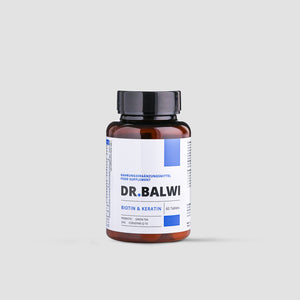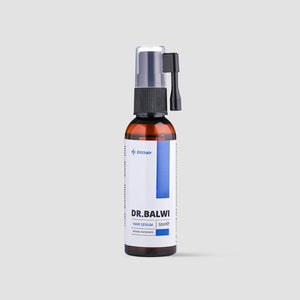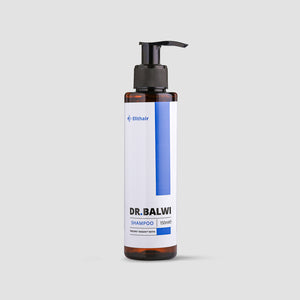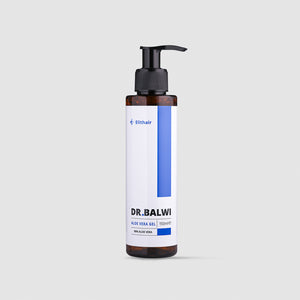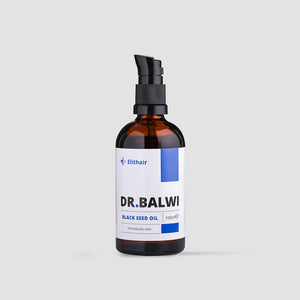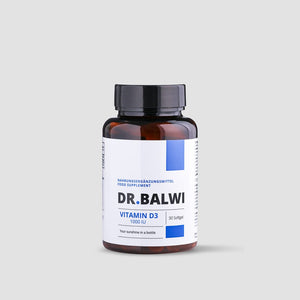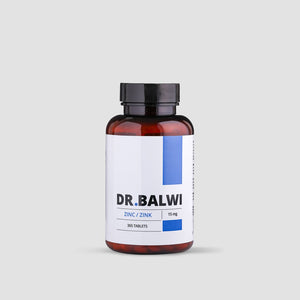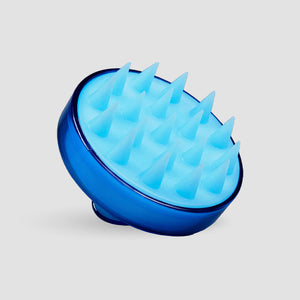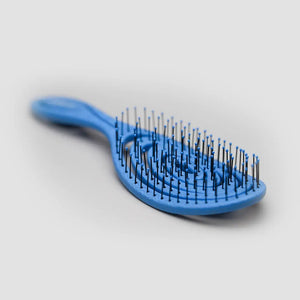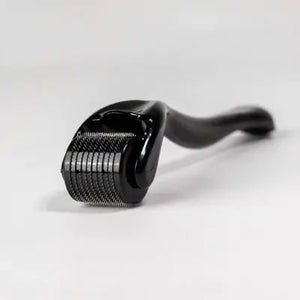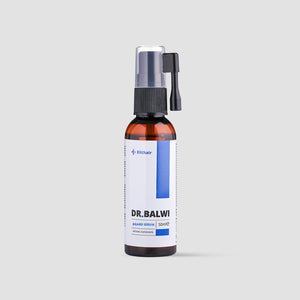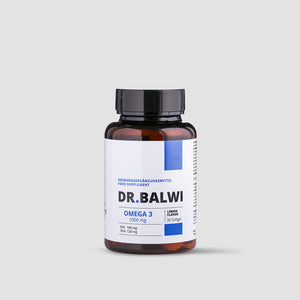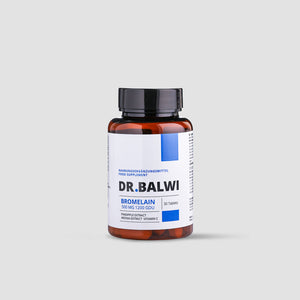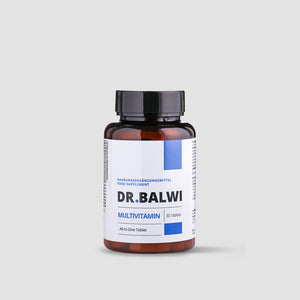
Hair loss after hysterectomy
You should think carefully about removing your uterus and ovaries and weigh all the pros and cons. If the surgery isn't life-saving, any responsible doctor will advise against it. If the procedure is unavoidable, be sure to inform yourself thoroughly about the side effects and complications. Hair loss is caused by hormonal imbalances and becomes more severe the more your hormone levels become unbalanced.
Table of contents
- Why does hair loss occur after a hysterectomy?
- The connection between hormones and hair growth
- Physical and psychological changes after hysterectomy
- Iron deficiency and mental stress as a result of uterine surgery
- Full hair? Hair transplant after hysterectomy and ovary removal
- Hormone preparations or hair implantation stop hair loss
Why does hair loss occur after a hysterectomy?
The ovaries and the uterus perform important functions in the female body. In addition to reproductive function, these organs regulate your hormones and are closely connected to the autonomic nervous system. A hysterectomy affects your hormones and has a negative impact on your psyche. You are under stress, worry more about your "womanhood," and suffer more frequently from mood swings. All of these can be reasons for hair loss after a hysterectomy. In some cases, your hormone levels regulate themselves a few months after the procedure, and hair begins to grow back. Taking hormone preparations to regulate estrogen and testosterone levels can also be helpful. Don't underestimate the changes in the mineral and nutrient levels in your blood. Many women suffer from iron deficiency after a hysterectomy and thus a deficiency in a building block essential for hair growth.
The connection between hormones and hair growth

A stable and balanced hormone balance is reflected in good skin and healthy-looking hair. If your hormonal structure changes, you will first notice it through skin blemishes, brittle fingernails, and dull or even falling hair. A hysterectomy automatically leads to a change in your hormone levels. Added to this is the psychological strain you experience after such a procedure, which can cause you stress. You can counteract the change in your hormone levels by consulting your doctor and getting a prescription for hormone-balancing medication. A lot happens in your body after hysterectomy. The hair loss that usually occurs on the top of the head or diffusely after a hysterectomy is similar to genetic hair loss in men . However, the cause in your case lies not in your genetic code, but in the hormonal changes caused by the surgery. The effects of the surgery itself can also impair hair growth and lead to increased hair loss after the operation.
Physical and psychological changes after hysterectomy
The physical changes resulting from the surgery are "obvious." An organ closely connected to the nervous system and regulating hormone levels has been removed. In addition, the ovaries and uterus define your sense of being a woman, and if these are removed, the path to a deep black hole can lead you into a deep black hole. Hair loss after a hysterectomy is more common than organic causes, resulting in psychological stress. Along with depressive moods, lack of sleep, and mental stress, blood flow to your scalp decreases. The follicles are not adequately supplied with nutrients, and you enter a cycle that often requires a psychologist to break. The hair loss increases your discomfort. You put yourself under stress, which reduces your hair loss. There's no way out in sight, and you feel trapped in your body and the emotional tension. Instead of resorting to hair growth products, you should consider hormone therapy and psychological counseling to improve your overall well-being.
Iron deficiency and mental stress as a result of uterine surgery

Another factor for hair loss following a hysterectomy is iron deficiency. Your iron levels should actually be normal, as removal of the uterus stops menstruation. But the opposite is the case. Even if your cycle no longer occurs, the iron content in your blood decreases. A hysterectomy tells your body that you are entering menopause , even if you are still a long way from it due to your age. Even if you feel like you are going through the procedure without stress, the removal of the uterus becomes ingrained in your consciousness and is a constant thought, especially in the first few weeks and months. In addition, your natural blood thinning no longer occurs, and your entire circulatory system has to adjust. Iron, zinc, and selenium supplements can stop the problem and ensure normal hair growth after a hysterectomy.
Full hair? Hair transplant after hysterectomy and ovary removal
In individual cases, hormone preparations and nutritional supplements do not help. If you have lost a lot of hair postoperatively, a hair transplant may be considered as a solution. Clearly visible hair loss after a hysterectomy, for example, circular hair loss or hair loss affecting the entire crown of the head, is rare but not impossible. Consult a reputable hair clinic and tell the treatment team how long and why you have been losing your hair. If hair loss continues to worsen and there is no reversal in sight even six months after the procedure, a hair implant can help and spare you further psychological stress. For women in particular, hair growth is an important sign of attractiveness. A hair implant will restore your beauty and ensure that bald patches on your head are a thing of the past.
Hormone preparations or hair implantation stop hair loss
Before you decide on the minimally invasive procedure of hair transplantation, you should monitor your hair loss after a hysterectomy for several months. This is often a post-operative side effect that is not permanent. However, if your hormone levels are severely imbalanced and the hair loss resembles male pattern baldness, a hair transplant is the only option. You can try taking hormone medications beforehand. If this doesn't improve your results, consult a hair clinic and learn about hair implantation. Hormonal changes are completely normal after hysterectomy. However, thanks to hair transplantation, you don't have to live with the consequences of hair loss.

